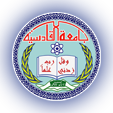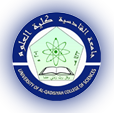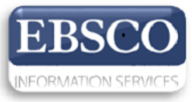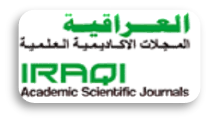Document Type
Article
Abstract
This study intended to evaluate the seroprevalence of anti-Toxoplasma IgG and IgM antibodies in the sera of 630 women at childbearing age, and to link the outcomes with some risk factors. The enrolled women visited Zakho Maternity Hospital from July 2018 to July 2019. Their ages ranged from 15 to 45 years. All samples were examined using ELISA to detect immunoglobulin G and M, in addition to performing IgG Avidity test for seropositive pregnant women. The differences between seropositivity and age was significant (p<0.05), the highest rate (20.43%) for anti-Toxoplasma IgG antibodies in the age group 33-38 years. Women who had more contact with cats showed higher IgG and IgM seropositivity rates (16.45% and 1.26%, respectively). Married women had higher IgG Abs seropositivity than single ones (12.52% vs 6.31%, respectively), moreover, only married women were seropositive for IgM Abs. Pregnant women presented higher IgG Abs seropositivity than non-pregnant (15.21% versus 10.49%), with almost equal seropositivity for IgM Abs (0.65% and 0.86%, respectively). Anti-Toxoplasma IgG Abs seropositivity was higher in women underwent miscarriages than those with normal pregnancies (18.44 vs. 8.81%), however IgM Abs was only found among women who had miscarriages (0.97%). Women with triple miscarriages presented the highest IgG Abs seropositivity (37.03%). Chronic infection was found in 68.75% of pregnant women, whereas acute infection was found in 31.25 %. Following up the pregnancy resulted in 15 healthy births, 9 miscarriages, and 10 women did not show up. The findings of this study demonstrate the relationship between toxoplasmosis and risk factors in women at childbearing age, with the aim of decreasing infection rates through the health education and application of hygienic measures.
Keywords
childbearingAge; Immunoglobulin G and M; IgG Avidity; Toxoplasmosis; Women
Recommended Citation
Mizuri, Sarwin S. M. and Mero, Wijdan M. S.
(2021)
"Serodiagnosis Of Toxoplasmosis By Using ELISA And IgG Avidity Test In Relation To Some Risk Factors Among Women at Childbearing Agein Zakho City, Duhok Province/Iraq.,"
Al-Qadisiyah Journal of Pure Science: Vol. 26
:
No.
4
, Article 1.
Available at:
https://doi.org/10.29350/qjps.2021.26.4.1331
Creative Commons License

This work is licensed under a Creative Commons Attribution-NonCommercial-No Derivative Works 4.0 International License.










